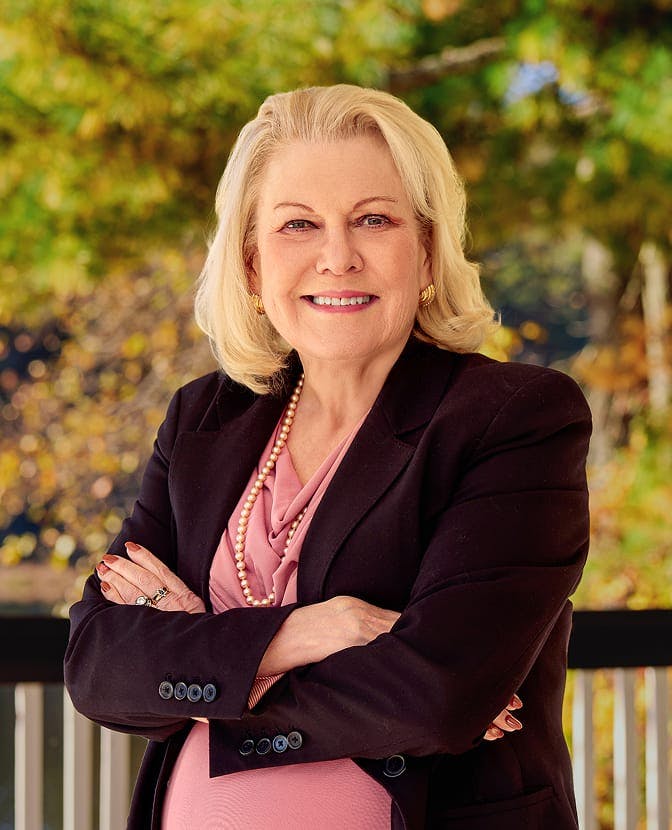Why Do You Need a Probate Lawyer in Raleigh, North Carolina?
The probate process involves going through multiple legal steps. However, if you miss a single step, it may lead to delays or legal challenges. A probate lawyer will help in meeting all legal requirements to reduce the likelihood of errors and complications.
Furthermore, a probate litigation attorney in Raleigh will help you understand North Carolina’s probate laws and adhere to the necessary protocols. For instance, the law exempts assets worth a certain amount from probate in some situations. Other assets exempt from probate include the following:
- Life insurance policies with beneficiaries
- Retirement accounts with designated beneficiaries
- Jointly owned property, like a marital home
- “Tenancy in common” assets
- Bank accounts payable-on-death
- Property held in trust
A probate lawyer can help identify which assets must go through probate and which can be transferred directly to beneficiaries. Understanding these exemptions can reduce the length and cost of probate. Your lawyer may also recommend restructuring asset ownership to minimize probate exposure for future estate management.
Resolving Estate Disputes & Ensuring Proper Probate Administration
Moreover, a probate lawyer acts as a neutral third party to help address potential conflicts and ensure the estate distribution is done according to the decedent’s wishes and the law. Common disputes include:
- Disagreements over asset distribution
- Challenges to the validity of the will
- Concerns about an executor’s actions
We handle estate litigation when it arises during the probate process. A Raleigh, NC probate & administration lawyer can foresee potential complications, such as contested wills, missing heirs, or disputes over valuations, and take proactive steps to resolve these issues before they escalate. They will evaluate the progress of the probate to keep everything on track, reducing stress for executors and beneficiaries alike. Importantly, the executor of an estate has fiduciary responsibilities. These include the following:
- Managing assets
- Paying debts
- Distributing inheritances
- Asset valuation
- Notifying the beneficiaries of the progress
- Ensuring estate administration reflects the owner's wishes
Since executors are held to a fiduciary standard, they must act in the best interests of the estate and its beneficiaries. Missteps such as misallocating assets, failing to pay taxes, or mishandling distributions can result in lawsuits. Seeking appropriate legal counsel ensures that executors fulfill their duties correctly to avoid personal financial risks.
If an estate involves multiple properties, business interests, or substantial financial assets, probate can become highly challenging. Such business assets may require additional considerations, such as potential buyouts. If the estate includes property in multiple states, ancillary probate proceedings may be required. An attorney can effectively manage challenges to ensure smooth probate administration.





















